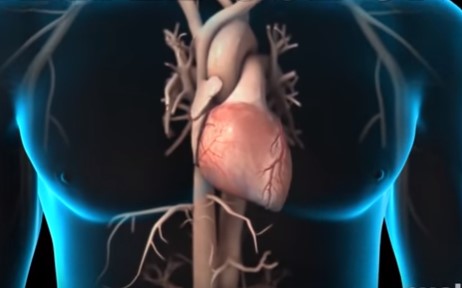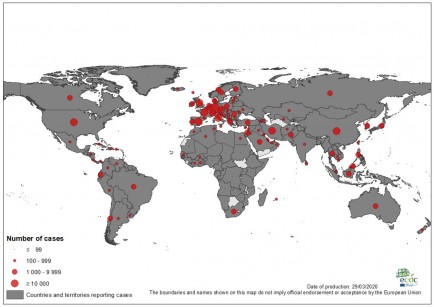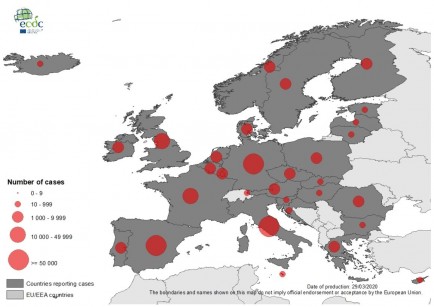A heart attack (myocardial infarction or MI) is a serious medical emergency in which the supply of blood to the heart is suddenly blocked, usually by a blood clot. A heart attack is a medical emergency. Dial 999 and ask for an ambulance if you suspect a heart attack. A lack of blood to the heart may seriously damage the heart muscle and can be life-threatening.
Symptoms of a heart attack
Symptoms of a heart attack can include:
- chest pain – the chest can feel like it’s being pressed or squeezed by a heavy object, and pain can radiate from the chest to the jaw, neck, arms and back
- shortness of breath
- feeling weak and/or lightheaded
- overwhelming feeling of anxiety
It’s important to stress that not everyone experiences severe chest pain; the pain can often be mild and mistaken for indigestion.
It’s the combination of symptoms that’s important in determining whether a person is having a heart attack, and not the severity of chest pain.
Treating heart attacks
While waiting for an ambulance, it may help to chew and then swallow a tablet of aspirin (ideally 300mg) – as long as the person having a heart attack isn’t allergic to aspirin.
The aspirin helps to thin the blood and reduce the risk of a heart attack.
In hospital, treatment for a heart attack depends on how serious it is. The two main treatments are:
- using medication to dissolve blood clots
- surgery to help restore blood to the heart
Causes of a heart attack
Coronary heart disease (CHD) is the leading cause of heart attacks.
CHD is a condition in which the major blood vessels that supply the heart get clogged up with deposits of cholesterol, known as plaques.
Before a heart attack, one of the plaques ruptures (bursts), causing a blood clot to develop at the site of the rupture. The clot may block the supply of blood to the heart, triggering a heart attack.
Recovering from a heart attack
The time it takes to recover from a heart attack will depend on the amount of damage to the heart muscle. Some people are well enough to return to work after two weeks. Other people may take several months to recover.
The recovery process aims to:
- reduce your risk of another heart attack – through a combination of lifestyle changes, such as eating a healthy diet, and medications, such as statins (which help lower blood cholesterol levels)
- gradually restore your physical fitness – so you can resume normal activities (known as cardiac rehabilitation)
Most people can return to work after having a heart attack, but how quickly depends on your health, the state of your heart and the type of work you do.
Complications of a heart attack
Complications of a heart attack can be serious and possibly life-threatening. These include:
- arrhythmia – this is an abnormal heartbeat, where the heart begins beating faster and faster, then stops beating (cardiac arrest)
- cardiogenic shock – where the heart’s muscles are severely damaged and can no longer contract properly to supply enough blood to maintain many body functions
- heart rupture – where the heart’s muscles, walls or valves split apart (rupture)
These complications can occur quickly after a heart attack and are a leading cause of death.
Many people die suddenly from a complication of a heart attack before reaching hospital, or within the first month after a heart attack.
The outlook often depends on:
- age – serious complications are more likely as you get older
- the severity of the heart attack – how much of the heart’s muscle has been damaged during the attack
- how long it took before a person received treatment – treatment for a heart attack should begin as soon as possible
Preventing a heart attack
There are five main steps you can take to reduce your risk of having a heart attack (or having another heart attack):
- smokers should quit smoking
- lose weight if you’re overweight or obese
- take regular exercise – adults should do at least 150 minutes (2 hours and 30 minutes) of moderate-intensity aerobic activity each week, unless advised otherwise by the doctor in charge of your care
- eat a low-fat, high-fibre diet, including whole grains and plenty of fresh fruit and vegetables (at least five portions a day)
- moderate your alcohol consumption – read more about alcohol units
Original article: https://www.nhs.uk/conditions/heart-attack/



























Comments